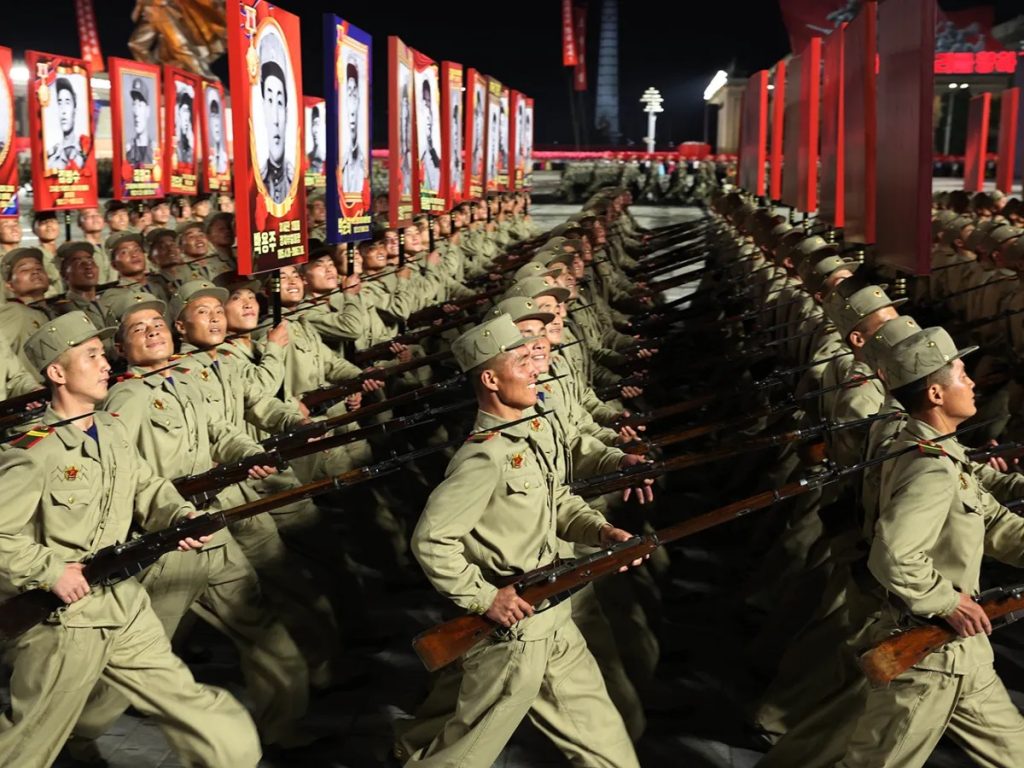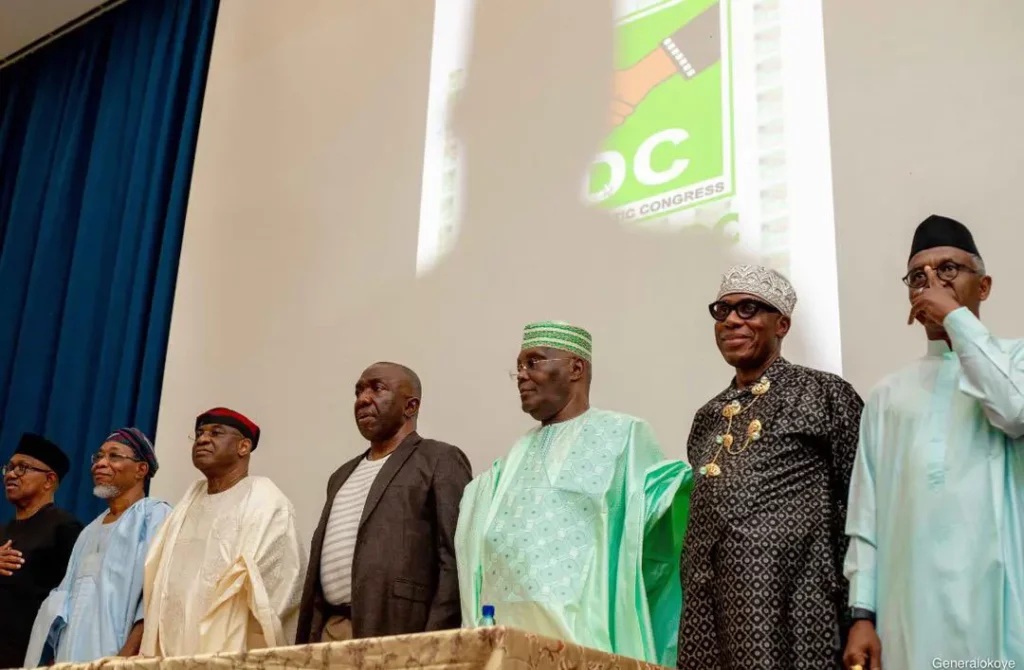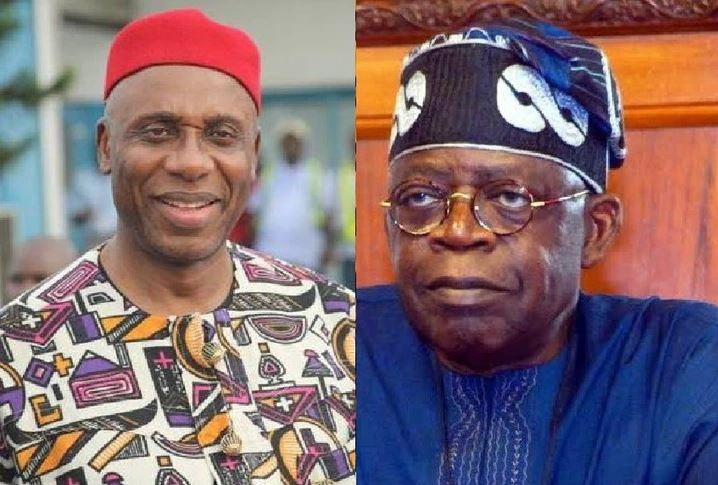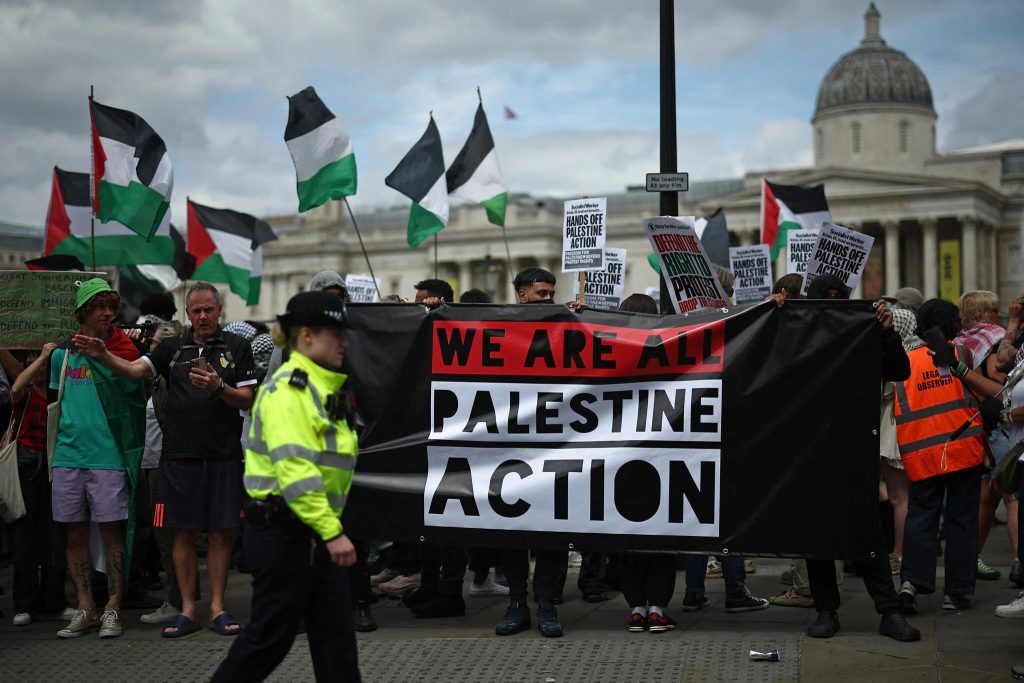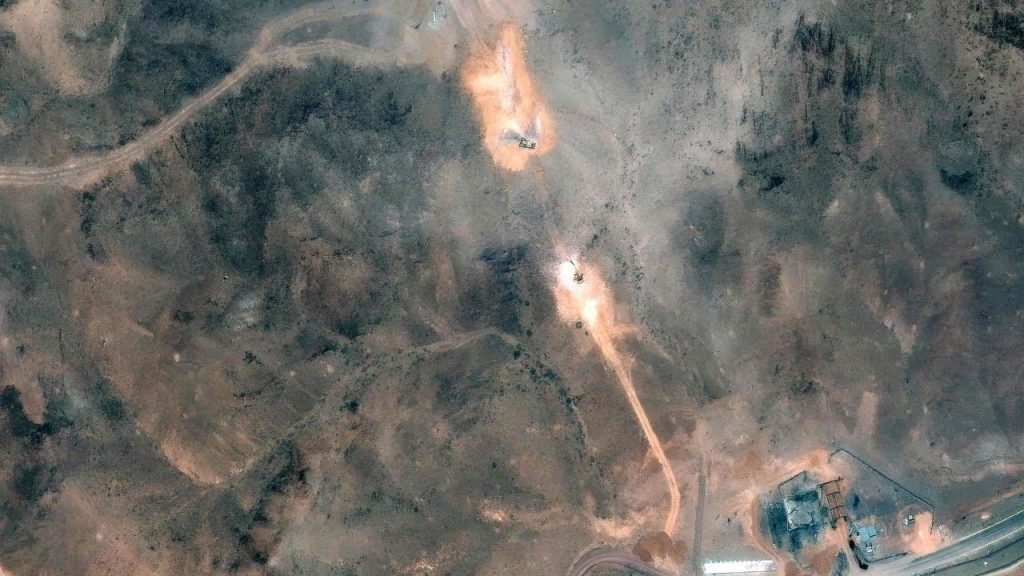News
IPOB alleges Nigeria keeps secret detention centres holding Biafrans

The Indigenous People of Biafra (IPOB) has claimed to have uncovered secret detention facilities where Nigerian security forces are allegedly holding Biafran activists incommunicado.
According to IPOB, these centers are sites of severe human rights abuses, including torture, organ trafficking, and forced disappearances.
In a statement issued by the group’s Media and Publicity Secretary, Emma Powerful, IPOB warned the public about these secret detention centers.
“These facilities are notorious for the maltreatment of innocent people, with many subjected to extreme torture,” the statement read.
IPOB further claimed that detainees are often falsely accused of being members of IPOB or its armed wing, the Eastern Security Network (ESN).
Some of the alleged locations listed by IPOB include:
Wawa Military Base; Kainji Dam detention center; Niger State barrack and prison; DSS headquarters, Abuja; Intelligence Response Team (IRT) Abattoir, Abuja.
Tiger Base Police detention, Owerri, Imo State; Goodluck Jonathan’s Army Barrack Ohafia, Abia State; Zone 9, Umuahia; Abia State detention center; Zone 13 Ukpo, Anambra State; and Onitsha Army Barracks, Anambra State.
Others are Navy Base, Ogbaru, Anambra State; SARS Awkuzu, Ukpo, Anambra State; 82 Division, Enugu; Military Barracks, Enugu State.
Obinze Army Barracks, Owerri, Imo State; Central police station headquarters, Umuahia, Abia State; State CID headquarters Awka, Anambra State.
Naval Base Asaba, Delta State; Enugu Maximum Prison, Enugu State; Port Harcourt Maximum Prison, River State; Aba Prison, Abia State; Abakaliki Prisons, Ebonyi State.
Uyo Prisons, Akwa Ibom; Owerri Prisons, Imo State; Kuje Prisons, Abuja; Keffi Prison; Suleja Prison, Niger State and Nigeria Military Intelligence Detention Facility, Abuja.
Other sites named include maximum security prisons in Port Harcourt, Enugu, and Abuja, among others.
“Ndigbo are the highest ethnic group being detained with accusations of being either members of IPOB or ESN…
“Or framed as kidnappers by the notorious Nigerian Police, DSS, and Army,” the group stated.
IPOB also highlighted that individuals from other ethnic groups are being held in these facilities.
The group urged those with missing relatives to check these detention centers.
“These illegal detention facilities are places to search for your missing relative…
“If they haven’t been tortured to death or butchered for organ trafficking by the notorious Nigerian security agencies,” IPOB warned.
The statement referenced the case of IPOB members allegedly abducted during a peaceful rally in 2016 in Port Harcourt, Rivers State.
It noted that these individuals remain missing over eight years later.
Historical context of IPOB
IPOB emerged in the 21st century as a significant secessionist group, advocating for the independence of the southeastern region of Nigeria, primarily inhabited by the Igbo people.
The roots of this movement trace back to the Nigerian Civil War (1967–1970), also known as the Biafra War.
The war began when the southeastern region declared itself the independent Republic of Biafra, led by Colonel Odumegwu Ojukwu.
Economic, ethnic, and political tensions sparked a brutal conflict, killing around two million people, mostly from starvation.
Biafra’s defeat in 1970 left deep scars, fueling a lingering sense of marginalization and oppression among the Igbo people.
The defeat also entrenched grievances that continue to shape the modern Biafran movement, including the rise of IPOB in the early 2000s.
IPOB’s purpose and activities
The central aim of IPOB is to revive the independent state of Biafra, drawing on grievances related to economic deprivation, political exclusion, and perceived ethnic marginalization.
The group claims that successive Nigerian governments have deliberately underdeveloped the southeastern region and subjected its people to systemic discrimination.
IPOB has organized mass protests, civil disobedience campaigns, and has clashed with Nigerian security forces.
In 2020, the group formed an armed wing called Eastern Security Network (ESN) to defend Igbo communities from Fulani herdsmen.
However, IPOB and ESN face violence accusations; the Nigerian government labeled IPOB a terrorist organization in 2017.
Despite claims of being a peaceful movement, IPOB’s activities have sparked violent confrontations with Nigerian security forces.
Supporters of the group, including the vast diaspora community, argue that their calls for self-determination are justified.
They view the current federal structure as exploitative and unfairly skewed against the Igbo.
The federal government views IPOB’s resurgence as a threat to national unity.
It has conducted arrests, military crackdowns, and detained key leaders like Nnamdi Kanu, a central figure in the movement.
Renewed calls for Biafra’s independence highlight unresolved Nigerian Civil War issues and ongoing Igbo perceptions of marginalization.
Declaration of IPOB as a terrorist group by the Nigerian government
The Nigerian government officially designated the Indigenous People of Biafra (IPOB) as a terrorist organization in 2017, under the Terrorism Act.
Tensions rose between the group and government due to IPOB’s secession calls and the push for an independent Biafra.
The government has consistently maintained that IPOB’s activities threaten national unity and security.
IPOB leader Nnamdi Kanu faces treason and sedition charges for advocating Biafran independence.
His extradition from Kenya to Nigeria in 2021 further strained relations between IPOB and the state.
IPOB accuses Nigerian security agencies, including the Army and DSS, of systemic human rights abuses beyond just legal measures.
These include secret detentions and extrajudicial killings of Biafran activists.
The government, however, asserts that these actions are part of their counter-terrorism efforts to restore order in the Southeast.
Previous clashes between IPOB and the Nigerian security forces
One of the most significant confrontations between the Nigerian security forces and IPOB was during Operation Python Dance (Egwu Eke), a military operation initiated in 2016.
The operation, primarily focused on the Southeast, was intended to curb criminal activities such as kidnapping, armed robbery, and violent protests by IPOB members.
The second phase, Python Dance II, launched in 2017, saw widespread military deployment across the Southeast, which escalated tensions.
During Operation Python Dance, human rights groups reported excessive force, mass arrests, and killings of IPOB members.
In 2017, a military crackdown at Nnamdi Kanu’s home killed several supporters, and Kanu fled.
IPOB accuses the government of targeting Biafrans, citing mass detentions and forced disappearances of its members.
Despite the military operations, IPOB maintains that its cause is non-violent and based on the right to self-determination.
The Nigerian Army argues operations have stabilized the region by reducing crime and neutralizing IPOB in key areas.
However, IPOB and human rights groups criticize the government’s heavy-handed approach, alleging widespread human rights violations.
For Diaspora Digital Media Updates click on Whatsapp, or Telegram. For eyewitness accounts/ reports/ articles, write to: citizenreports@diasporadigitalmedia.com. Follow us on X (Fomerly Twitter) or Facebook





